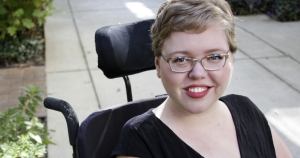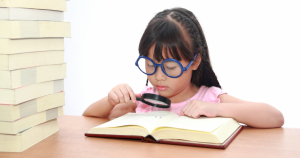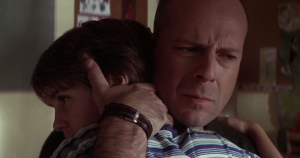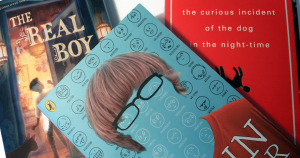Discussion: Tips for Research & Respectful Writing
What kind of tips do our contributors have for authors seeking to respectfully write disabled characters?
What kind of tips do our contributors have for authors seeking to respectfully write disabled characters?
Which are our contributors’ least favorite disability tropes?

Masturbation (and sexuality in general), particularly for girls, is widely stigmatized. But on top of that stigma, I had this body that was utterly different from the bodies around me. It was different and therefore wrong.

A thorough overview of common autism tropes that mirror and reinforce real-life stereotypes, with links to news stories, research, book reviews or commentary, and blog posts describing relevant real-world experiences.

Science fiction and fantasy tell us that anything can happen, and yet disabled people are often told that their narratives don’t fit into the genres.
We’re looking to expand the Disability in Kidlit team, as the website has grown in popularity in recent months and we’re working on exciting new projects.

Autistic people learn, change, and cope like anyone else. However, when a character is autistic, many authors appear to see only one route for character growth: effectively making the character less autistic.

Here is a key insight to creating realistic autistic characters: We do not do the visibly autistic things we do because of “autism,” full stop. Like non-autistic people, we are responding to our experiences of the world. Those experiences simply differ from those of non-autistic people.

What’s so wrong with the Beautiful Tragedy trope? Why is it wrong to emphasize the supposed irony of a person with beautiful eyes who can’t see or a good-looking person “confined to a wheelchair” (another horrible, tragedy evoking phrase) or the like?
During April 2015, we’re holding an event dubbed Autism on the Page. Why is this event important? And what can you expect from us?